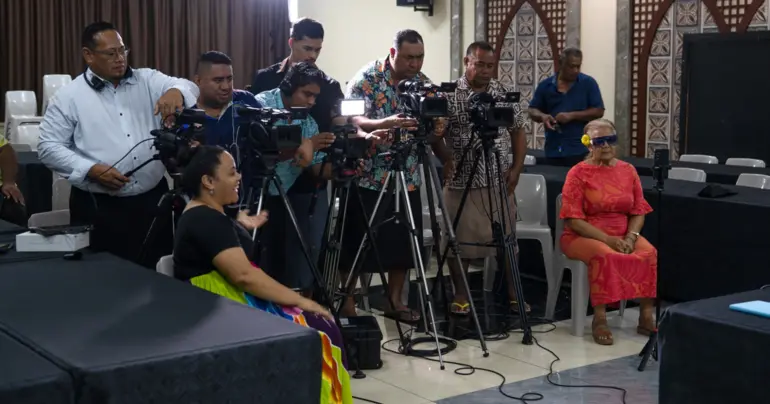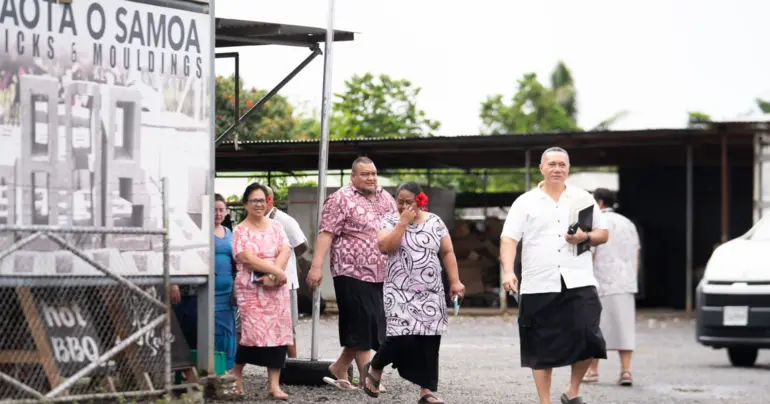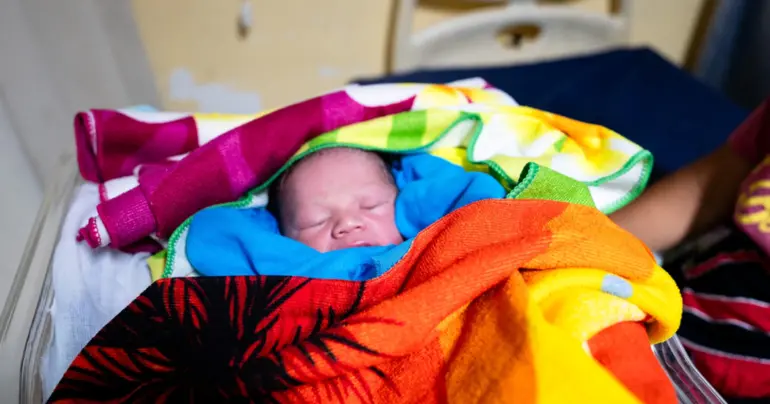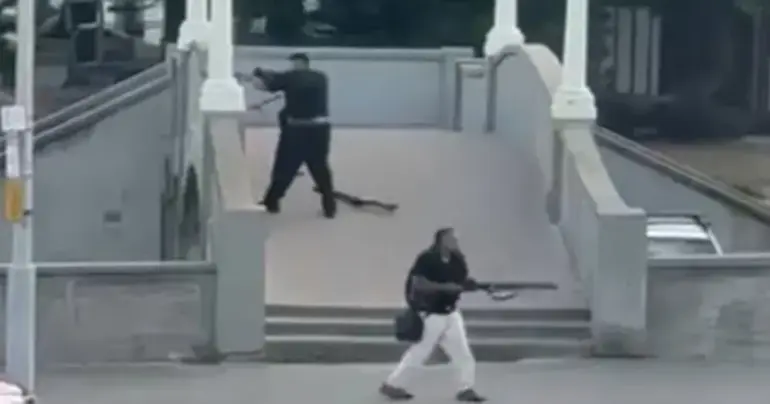Do not halt the Apolima rat eradication project
Migration for work in a place with a small population does have its impact and the island of Apolima is seeing this in the form of a reduced number of youth and men. These men are away for seasonal work in Australia and New Zealand.
They have gone to make a better future for their families. This is a good thing for them. What is not good is for the mayor to say that the island does not have enough men to carry out projects such as the rat eradication project.
This particular project is very important and the lack of men on the island should not be a reason to put something so important to a halt. There are ways in which this can continue. All the island mayor needs to do is have a dialogue with the project coordinators from the Secretariat of the Pacific Regional Environment Programme’s (SPREP).
The agency could easily work out a way to provide the manpower that is needed for this project. Apolima is not hundreds of miles away and transporting people daily will not be a big chore. The importance of this project could not be highlighted enough.
The villagers of Apolima have to understand that these rats are harming the environment and their health as well. Their eradication would improve a lot of things.
According to Conservation International Samoa, the insidious effects of rats on people are not only direct but their huge impact on the environment in turn and indirectly further impacts human health, well-being and economy, especially on islands.
In Samoa, three species of invasive rats have all been brought here in the past by humans. They are known as the Pacific rat (little rat, Rattus exulans), ship rat (black rat - Rattus rattus) and Norway rat (brown rat or Rattus norvegicus). These different species and the subtle different environments they occupy are all destructive animals to the environment, health and economy.
Pacific, brown and black rats that spread by vessels into the Pacific over the millennia have single-handedly driven more bird species to extinction than in any other region in the world. In Asia, rats consume food crops that could feed 200 million people for an entire year.
The presence of rats in Apolima threatens ecosystems and human livelihoods greatly. That is something that has not sunk in nicely and there needs to be better ways for the project coordinators to relay this information to the people of Apolima.
SPREP has identified that forests in Samoa are impacted because rats eat just about everything including birds, eggs, seedlings, fruits, and insects. This results in plants and animals going extinct and weakens the forest so it is more difficult to regenerate.
Weak forests also contribute to flooding and sedimentation of the coastal environment and coral reefs. Coral reefs and the coastal marine area are impacted by rats by disrupting the processes that keep coral reefs thriving.
Rats prey on seabirds, reducing the population to low levels. The seabirds are necessary for coral reef health. Studies have shown large differences in the amounts of nitrogen and phosphorus in waters, algae and fish adjoining rat-free islands compared to rat-infested islands.
SPREP has said that studies have shown an increase of 48 per cent in total reef fish biomass adjacent to rat-free islands.
Although rats do not originate from Samoa, studies suggest that migration activities in the past introduced these pests to Samoa’s islands with the earliest reports of rats in Samoa dating back to the early 1760s.
Now they have spread and are impacting human health as well as the ecosystem. The people of Apolima would be foolish to give up on the project because of the lack of manpower required for the project. They need to realise this is a great investment for increasing the resilience of both land and coastal ecosystems.
Eradicating rats would be an excellent tool for adapting to climate change and preparing for natural disasters.
A reduced population of men on Apolima should never be a reason to put an end to the project which will help make the island better for future generations. The mayor and the people of Apolima should have a re-think of what they are about to do.
Giving up is never a good option and there are other ways in which the work requiring manpower could be done. The rat eradication project is very important. The people of Apolima have a chance to make a positive change, do not lose that chance.











